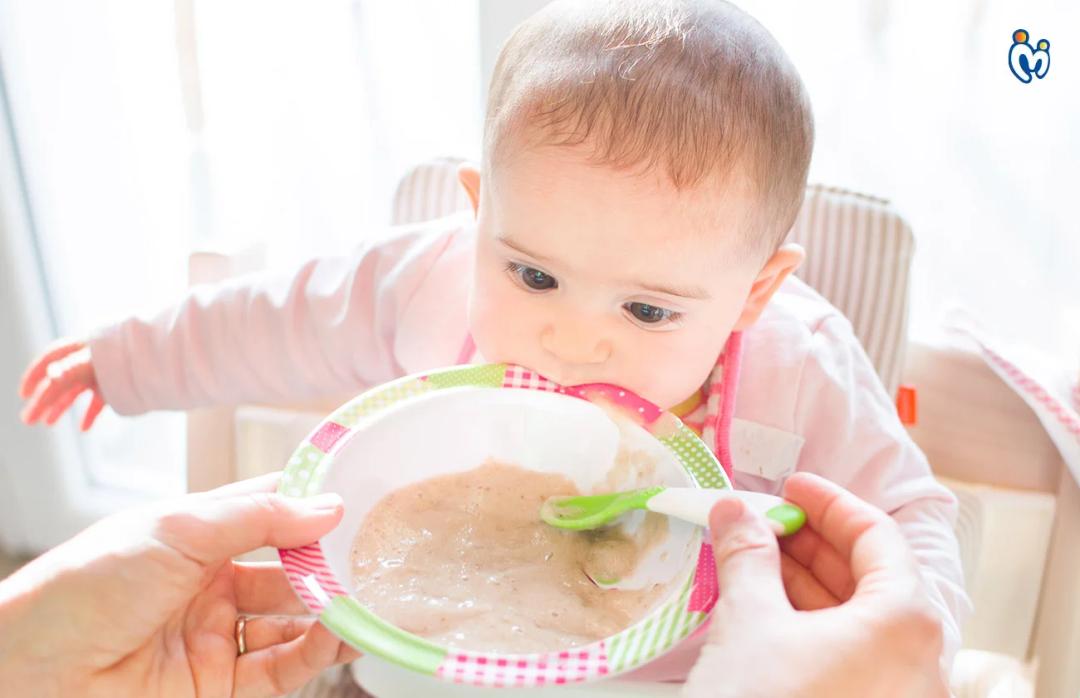The initial years of a child are the foundation of their health, growth, and development, both physical and mental. As parents, we constantly desire to equip our toddlers with the best tools to navigate their way through the world with confidence. You frequently look for activities that can help develop children’s intelligence. Introducing them early on to games helps develop a foundation for a bright future.
These activities help with cognitive ability and build creativity, resilience, and adaptability in life. All these are essential in today’s rapidly evolving world.
When you introduce your toddler to games like memory games, scavenger hunts, and more, you are teaching them to explore, experiment, trust their thought process, and learn in a fun and interactive way. These skills become invaluable and will serve them in different aspects of life.
Don't prepare them for a competition, but instill a lifelong love of learning, problem-solving skills, a thirst for knowledge, and a growth-oriented mindset.
Here are 5 fun and engaging games that can boost your toddler’s intelligence.
1. Shape Sporting Games
Shape-sorting games help them differentiate between shapes, sizes, and colours which encourages cognitive development and fine motor skills. They also stack up the blocks, build different buildings, and learn to balance. This can help their problem-solving skills, analytical thought, basic mathematics, and literary abilities.
2. Sensory Activities
Sensory activities are specially designed to activate the five senses of toddlers, i.e., sight, sound, touch, taste, and smell. The activities may include texture, colour or sounds. Such games help children understand, interact with, and make sense of the world around them. For instance, a small trampoline, sandbox, kitchen set, wooden beads, rollers, and more.
3. Storytelling Session
Let your toddler create their imaginary world by introducing them to ideas, characters, and vocabulary. Storytelling also helps children interact with the world around them. Choose age-appropriate books with images and illustrations and an engaging storyline. You can try “The Very Hungry Caterpillar” or “Goodnight Moon” to develop concentration and communication skills. You can make the experience better by pointing out familiar objects, changing tonality while reading, and asking questions.
4. Puzzle Solving
Puzzle-solving games introduce the ability to creatively solve problems, and critical thinking is an essential life skill. Puzzles require different approaches, and a lot of trial and error brings a “never give up” attitude. There are fruit puzzle games, jigsaw puzzles in different shapes and sizes, storyboard puzzle games, and more.
5. Musical Games
Activities that make them move their bodies, like dancing, singing, listening to music, and playing an instrument, promote a sense of belonging with others. It can include small musical instruments like musical fishing, musical houses, musical Montessori, and more.
Here are some tips to encourage your baby's active participation during playtime.
- Make it fun and active - Choose games that are age-appropriate as per toddlers development stage and interest.
- Follow their lead - Allow your toddler to take the lead at that time and encourage them to explore at their own pace.
- Ensure adequate rest - Make sure your toddler has enough sleep and rest before their playtime. A well-rested child will show more excitement and eagerness.
- Keep them comfortable - Nothing should stop the toddler from playing. Choose Mamypoko Pants Extra Absorb diapers, which prevent leakage even when the toddler plays.
Playtime Do’s & Don’ts
- Don’t force toys that you want them to play with. Slowly play with them or in front of them to build interest.
- Avoid overwhelming them with too many toys and activities at once. If you limit the number of options available, you can promote focused play.
- Avoid restricting them by imposing rules or high expectations during their playtime.
- Rotate the toys regularly to keep playtime varied and exciting.
- Participate with your toddler and create interesting scenarios.
By integrating these activities, you are helping your toddlers with intellectual growth and vital life skills.
FAQ's
Q. Why are the early years important for a toddler's development?
Ans.The early years lay the foundation for a child’s physical, mental, and emotional growth. This stage shapes how they learn, think, and interact with the world, making it the ideal time to introduce activities that build intelligence, creativity, problem-solving skills, and emotional resilience for lifelong development.
Q. How do games help improve a toddler’s intelligence?
Ans.Games stimulate a toddler’s brain through exploration, memory, problem-solving, and creativity. They enhance critical thinking, improve focus, and develop motor skills. Fun, age-appropriate games foster curiosity and help toddlers understand concepts better while enjoying the learning process without pressure.
Q. What are shape-sorting games, and how do they benefit toddlers?
Ans.Shape-sorting games help toddlers recognize shapes, sizes, and colors. These games improve hand-eye coordination, fine motor skills, and logical thinking. As children sort, stack, and build, they also develop basic math and spatial awareness, laying the groundwork for cognitive and academic abilities.
Q. What are sensory activities and why are they important?
Ans.Sensory activities engage a toddler’s five senses—sight, sound, touch, taste, and smell. These activities help them understand their environment better. Using objects like trampolines, sandboxes, or textured toys supports sensory processing, encourages exploration, and strengthens the brain’s ability to process and respond to new stimuli.
Q. How can storytelling support a child’s growth?
Ans.Storytelling introduces toddlers to new words, ideas, and characters, boosting vocabulary and imagination. It helps with concentration, listening, and communication. Engaging books with illustrations enhance understanding, while asking questions during storytelling fosters critical thinking and emotional connection with the content.
Q. Why are puzzles useful for developing life skills in toddlers?
Ans.Puzzles encourage toddlers to think critically, solve problems, and learn persistence. They teach shapes, sequences, and spatial awareness while improving memory and coordination. Trial and error builds patience and resilience, creating a positive attitude toward challenges and lifelong learning.
Q. What are some examples of musical games for toddlers?
Ans.Musical games include dancing, singing, and using simple instruments like tambourines, xylophones, or musical houses. These activities promote rhythm, coordination, self-expression, and emotional bonding. Music also supports language development and social interaction by encouraging toddlers to move, listen, and respond to different sounds.
Q. How can parents encourage active participation during playtime?
Ans.Make playtime engaging with age-appropriate activities that match your child’s interests. Follow their lead, ensure they’re well-rested, and keep them comfortable. Use products like Mamypoko Pants Extra Absorb diapers to prevent discomfort, so toddlers can explore freely without interruptions during active play.
Q. What should parents avoid during toddler playtime?
Ans.Avoid overwhelming toddlers with too many toys or strict rules. Don’t force them to play in a specific way. Let them explore and choose what interests them. Rotate toys regularly to keep things exciting, and join their play to make it more interactive and enriching.
Q. How do these games help with a toddler’s future learning?
Ans.These games build foundational skills like problem-solving, creativity, focus, and emotional intelligence. They create a fun learning environment that nurtures curiosity and a growth mindset. Early exposure to such activities helps toddlers adapt, thrive, and excel in future academic and real-life scenarios.
















